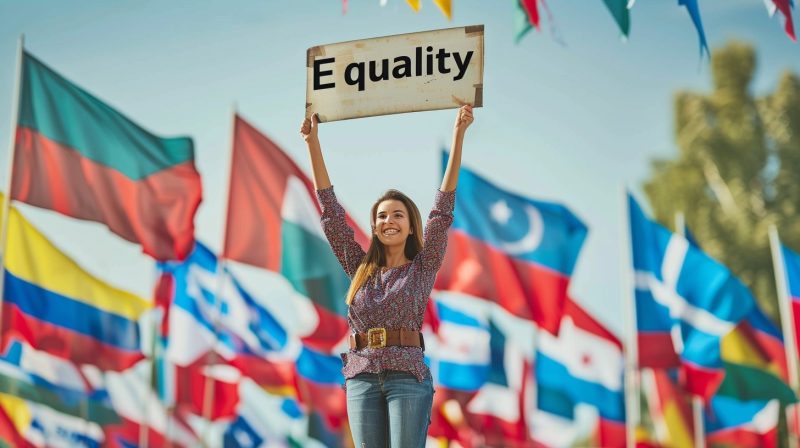Civil Liberties Council Represented by Convener R. Dalavai vs Commissioner Legislative: What the Case Was About
This case, Civil Liberties Council represented by its Convener R. Dalavai vs Commissioner, Legislative Department, was about the right to protest, access to the legislative premises, and how state institutions handle requests related to civil liberties. Here’s exactly what happened, what the court decided, and its implications.
Table of Contents
ToggleWhat the Case Was About
The Civil Liberties Council, through its convener R. Dalavai, wanted permission to hold a peaceful protest or submit a memorandum at or near the state legislative building. The Commissioner, Legislative Department, either denied or delayed granting permission.
So, the issue boiled down to this: Can citizens or civil rights groups be blocked from accessing legislative spaces to peacefully express their concerns?
The Council Claimed It Had a Right to Be Heard
The Civil Liberties Council argued that it had a democratic right to peacefully protest or submit its views to elected representatives. They said denying access to the legislature or even to just submit a memorandum violated fundamental rights under the Constitution, especially Article 19(1)(a) and 19(1)(b), which protect freedom of speech and peaceful assembly.
Their stand: A legislative building is not a private space. It exists for public representation.
What the Commissioner’s Office Argued in Response
The Commissioner, representing the Legislative Department, justified the restrictions based on security concerns and administrative rules. Their response suggested that allowing every group to protest or submit documents within legislative premises could disrupt proceedings and public order.
In other words, they weren’t against civil liberties in general, but they argued the place and method mattered.
What the Court Decided
The court’s ruling aimed to strike a balance. It recognized the right to peaceful expression and submission of grievances, but also upheld the state’s authority to regulate where and how this happens to maintain order.
The judgment clarified:
- The government cannot arbitrarily deny a group’s right to approach elected bodies.
- But it can regulate time, place, and manner, as long as it’s not done to suppress dissent.
- In this case, the court found the denial lacked proper explanation and leaned toward the Civil Liberties Council’s side.
Why This Case is Still Relevant Today
This case matters because it tested the limits of public access to lawmakers and civil spaces. It’s one of those situations where law and basic democracy collide with bureaucracy and public order concerns.
It set a precedent that even protests and memoranda aimed at the legislature cannot be dismissed lightly or without cause.
Key Takeaway for Citizens and Civil Rights Groups
If you’re trying to raise a concern with the government or approach the legislative body peacefully, this case backs your right to do so. Authorities may regulate how you do it, but they can’t just shut the door in your face without good reason.
This judgment guarantees that state power doesn’t override civil voice without accountability.



